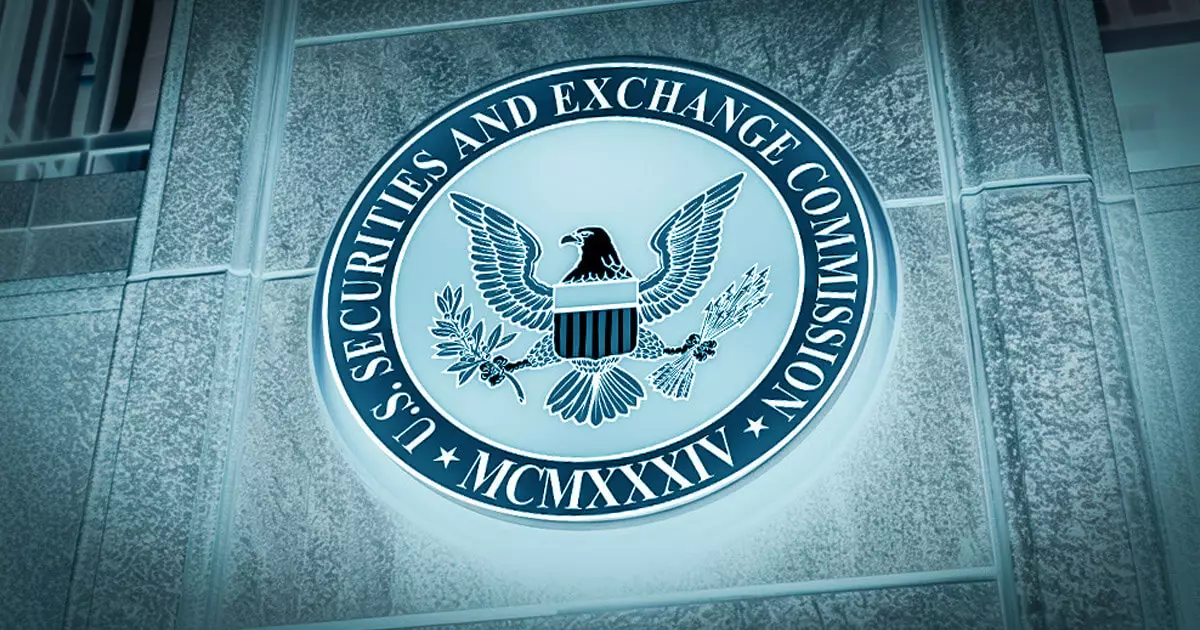The US Securities and Exchange Commission (SEC) has recently emphasized the importance of providing retail investors with more timely access to fund portfolio data. This data is vital for investors to make informed decisions, especially during times of market uncertainty such as the COVID-19 pandemic and geopolitical events. However, the current regulatory framework requires registered investment companies to provide periodic portfolio holdings data, which often leads to delays in information reaching investors.
Commissioner Jaime E. Lizárraga has highlighted the challenges faced by investors due to delayed access to fund portfolio data. While the SEC has been stringent in its approach towards crypto companies, Lizárraga has not acknowledged the potential role of blockchain oracles in addressing this issue. Blockchain oracles, such as those provided by Chainlink, act as intermediaries connecting blockchains with external data sources. These oracles enable smart contracts to execute based on real-world inputs and outputs, bridging the gap between on-chain and off-chain data environments.
Decentralized oracle networks (DONs) offer a secure way to fetch, verify, and transmit external data to blockchains. By leveraging DONs, systems can ensure that data remains tamper-proof and reliable, providing a strong foundation for real-time data feeds. Chainlink has already demonstrated its ability to provide real-time data feeds for various decentralized finance (DeFi) applications, accessing data from APIs and IoT devices to create innovative decentralized applications.
Chainlink’s collaboration with financial institutions like Fidelity International and Sygnum showcases its ability to bring Net Asset Value (NAV) data on-chain. This collaboration enhances transparency and accessibility for fund portfolio data, providing retail investors with real-time information they need to make informed decisions. By integrating blockchain oracles into the financial ecosystem, the SEC’s concerns regarding timely access to fund portfolio data could be addressed effectively.
The use of blockchain oracles, such as those provided by Chainlink, could revolutionize the way retail investors access fund portfolio data. By ensuring timely and standardized access to data, investors can make informed decisions while the SEC can assess market trends and risks in real-time. While current reforms may be a step in the right direction, further amendments are necessary to protect investors, particularly retail investors, from delayed access to critical financial information.

